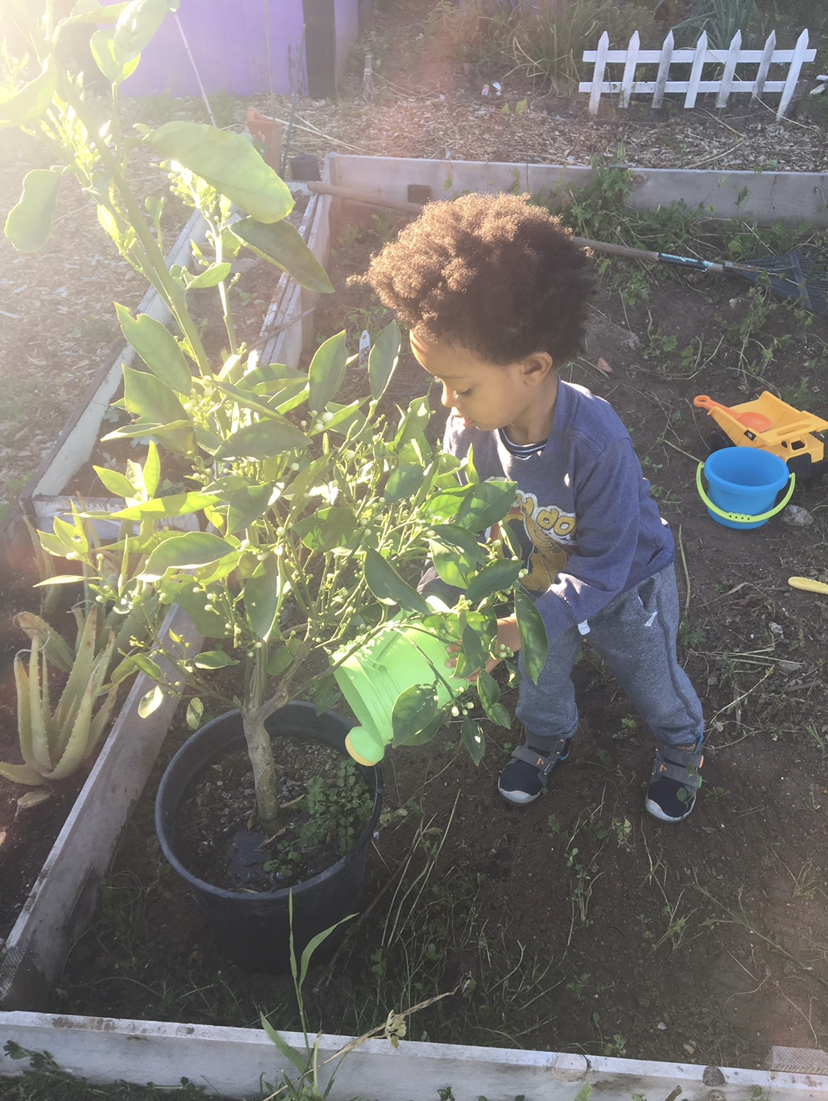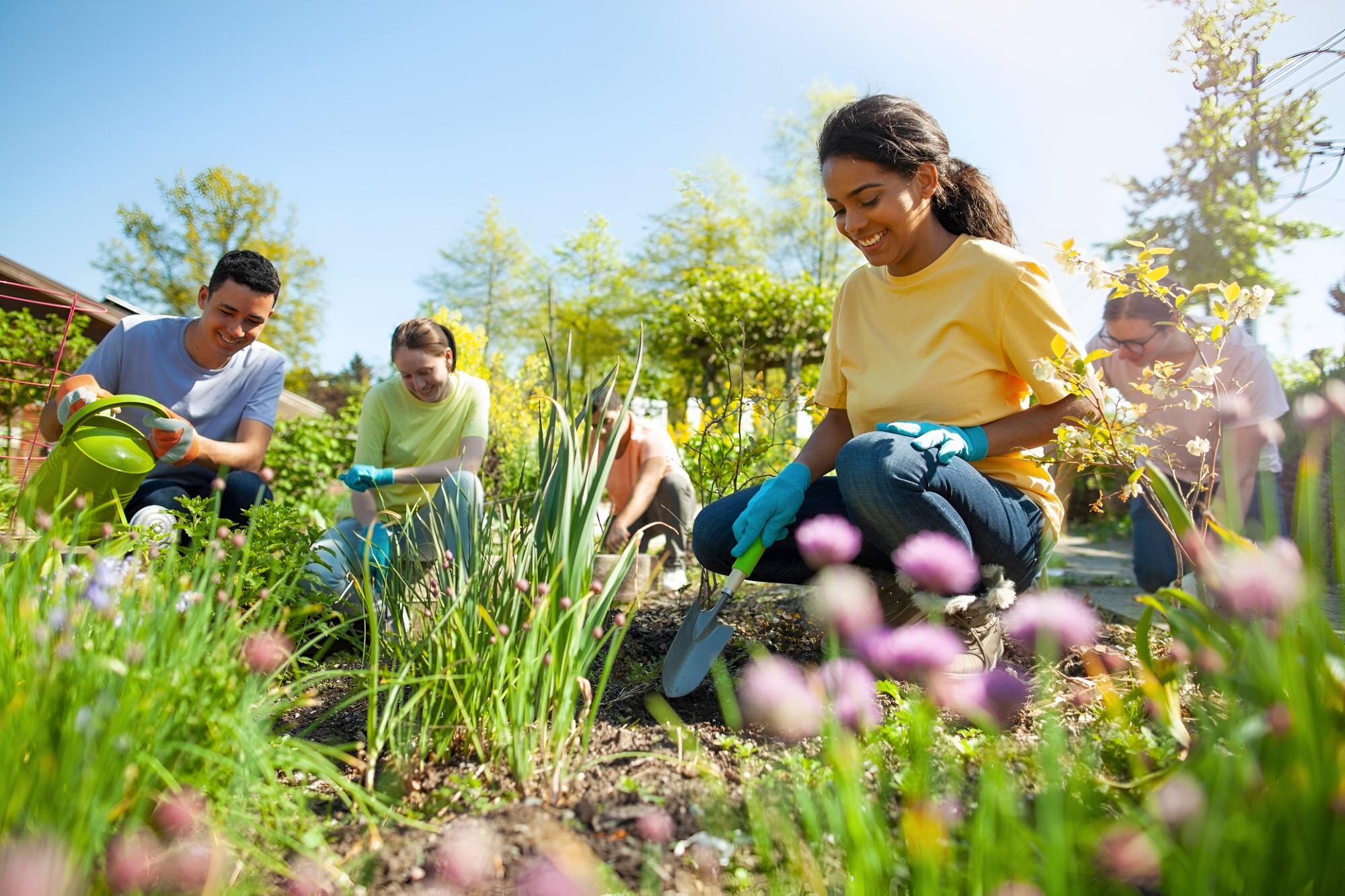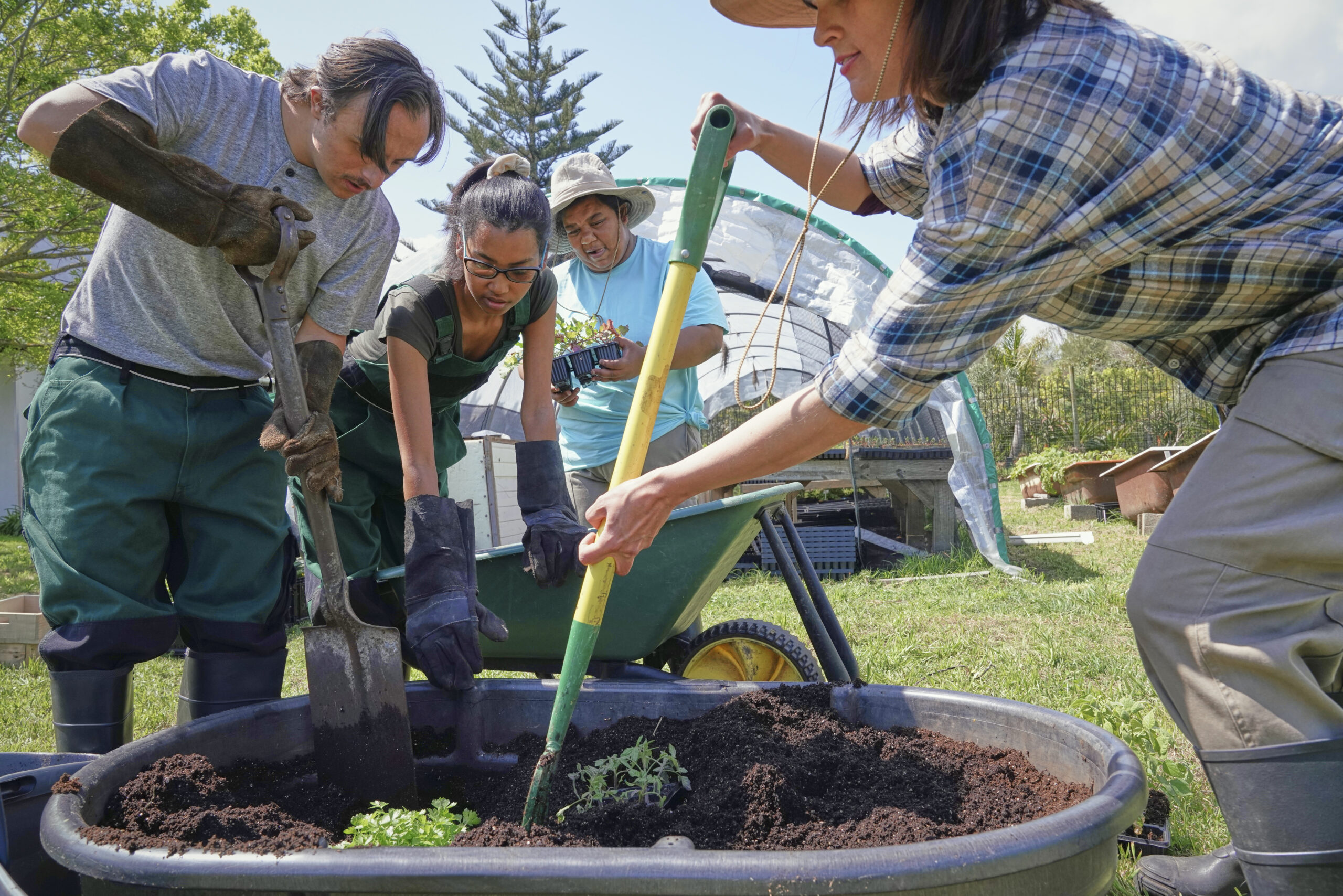Sow the Seeds of Learning: Support a School Garden Build!
Most kids today spend hours indoors, missing out on the chance to connect with nature and learn real-life skills. Our school garden offers a hands-on way to spark environmental awareness and community involvement that textbooks can’t match. By supporting this project with your donations, you’ll help create a vibrant space where students grow not just plants, but curiosity and care for the world around them. Join us in nurturing sustainable education that will bloom for years to come. Learn more about supporting school garden projects here.
Cultivating Young Minds
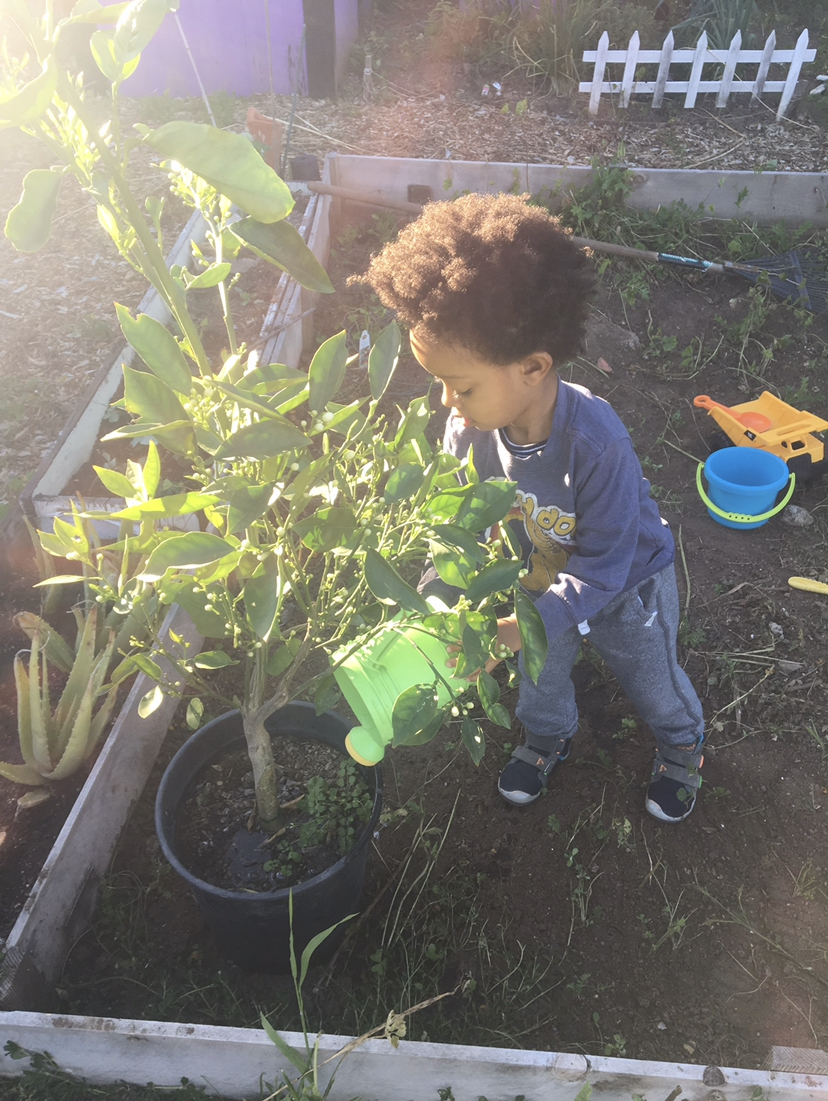
School gardens are magical places where children learn more than just gardening. They become little scientists, explorers, and artists all rolled into one. As they dig into the earth, they discover the wonders of nature and the joy of nurturing life.
Benefits of a School Garden
Imagine the excitement when a tiny seed sprouts into a plant. Kids learn about life cycles and the importance of patience. They gain confidence as they care for their plants, understanding the responsibility of nurturing life. A school garden serves as an outdoor classroom, offering lessons that stick with students far beyond the growing season.
Gardening also enhances academic skills. Math becomes real when measuring plant growth or calculating how much soil is needed. Science lessons are more vivid when students can observe insects and plant processes firsthand. These experiences ignite curiosity, making learning both fun and relevant.
But the garden’s impact doesn’t stop at academics. It boosts physical health too. Kids get fresh air and exercise as they dig, plant, and harvest. This hands-on activity promotes a healthier lifestyle, reducing screen time and encouraging outdoor play. A garden is a living classroom that enriches both minds and bodies.
Encouraging Environmental Awareness
Gardens teach children to value the environment. They learn that healthy soil, water, and sunlight are crucial for plant growth. This understanding grows into a broader appreciation for nature. Students begin to see their role in protecting the Earth, inspiring them to take small steps toward sustainability.
In a world facing environmental challenges, young minds become champions of change. They develop habits that benefit the planet, like composting and recycling. These lessons extend beyond the garden, influencing families and communities.
The garden also fosters a sense of stewardship. Kids learn that their actions have an impact, whether it’s through conserving water or planting pollinator-friendly flowers. By growing their food, they understand the value of fresh, local produce, leading to healthier choices.
Community Roots and Growth
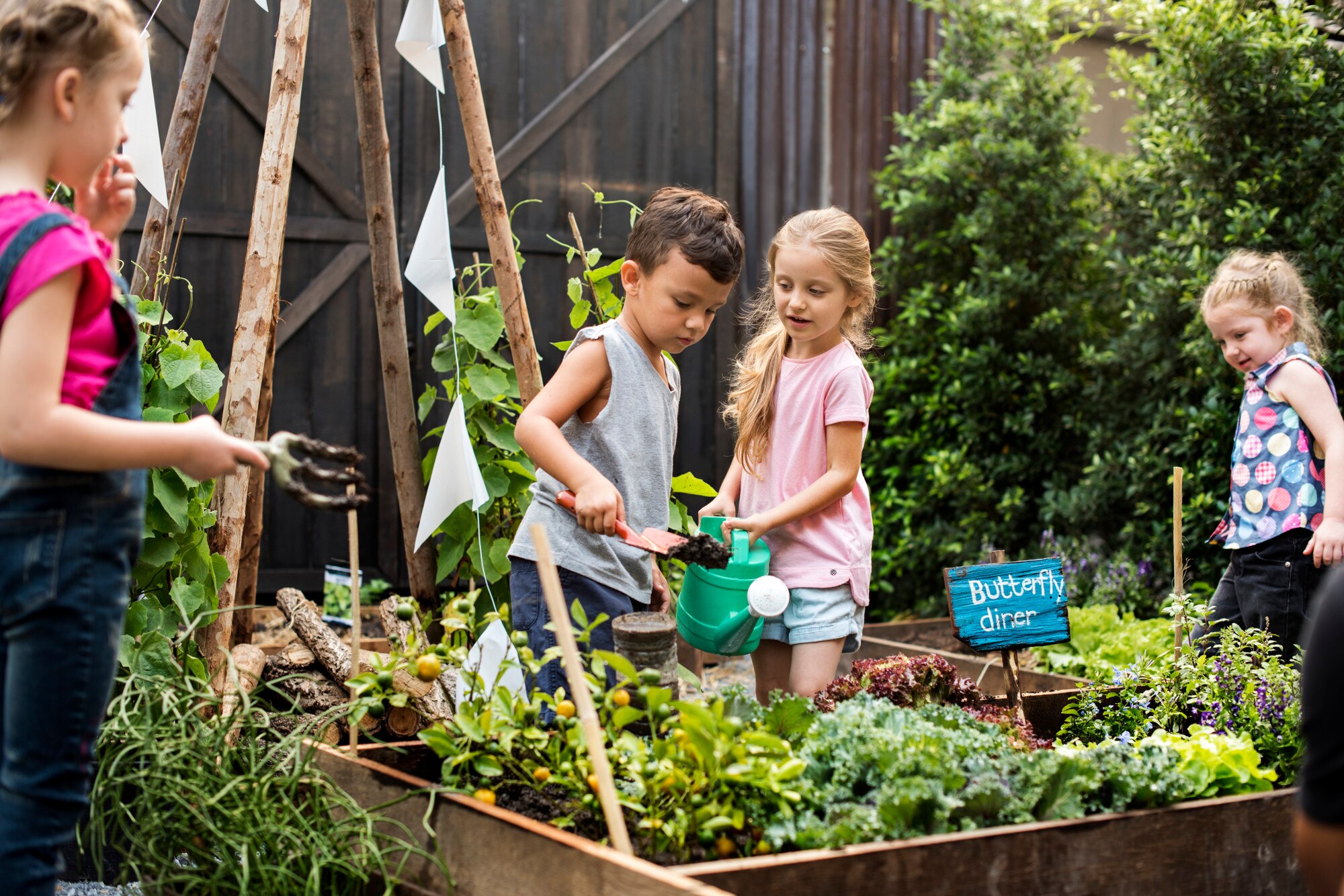
A school garden isn’t just about plants; it’s about people coming together. This space becomes a hub for connection, where students, teachers, and community members unite with a common purpose.
Building Connections Through Gardening
Gardens bring people together, creating bonds that last. Students team up to plant and care for crops, learning the value of cooperation. Parents and teachers join in, sharing knowledge and stories. These interactions build a strong sense of community, where everyone plays a part.
Gardens also invite the wider community to participate. Local gardeners, volunteers, and businesses can offer support and resources. These partnerships enrich the garden experience, providing opportunities for mentorship and skill-sharing.
Social events centered around the garden, like harvest festivals or plant sales, further strengthen community ties. These gatherings celebrate achievements and encourage ongoing involvement, weaving a tapestry of relationships rooted in shared goals.
Supporting Sustainable Education
School gardens are powerful tools for teaching sustainability. They provide a practical way for students to learn about concepts like the food cycle, renewable resources, and climate impact. These lessons are crucial for building a sustainable future.
Educators can integrate garden activities into various subjects, making education more dynamic and impactful. Students see the real-world applications of their studies, enhancing their understanding and retention.
Moreover, school gardens serve as models for sustainable practices. They demonstrate the benefits of organic gardening, water conservation, and biodiversity. By seeing these principles in action, students are more likely to adopt them in their own lives.
How You Can Help
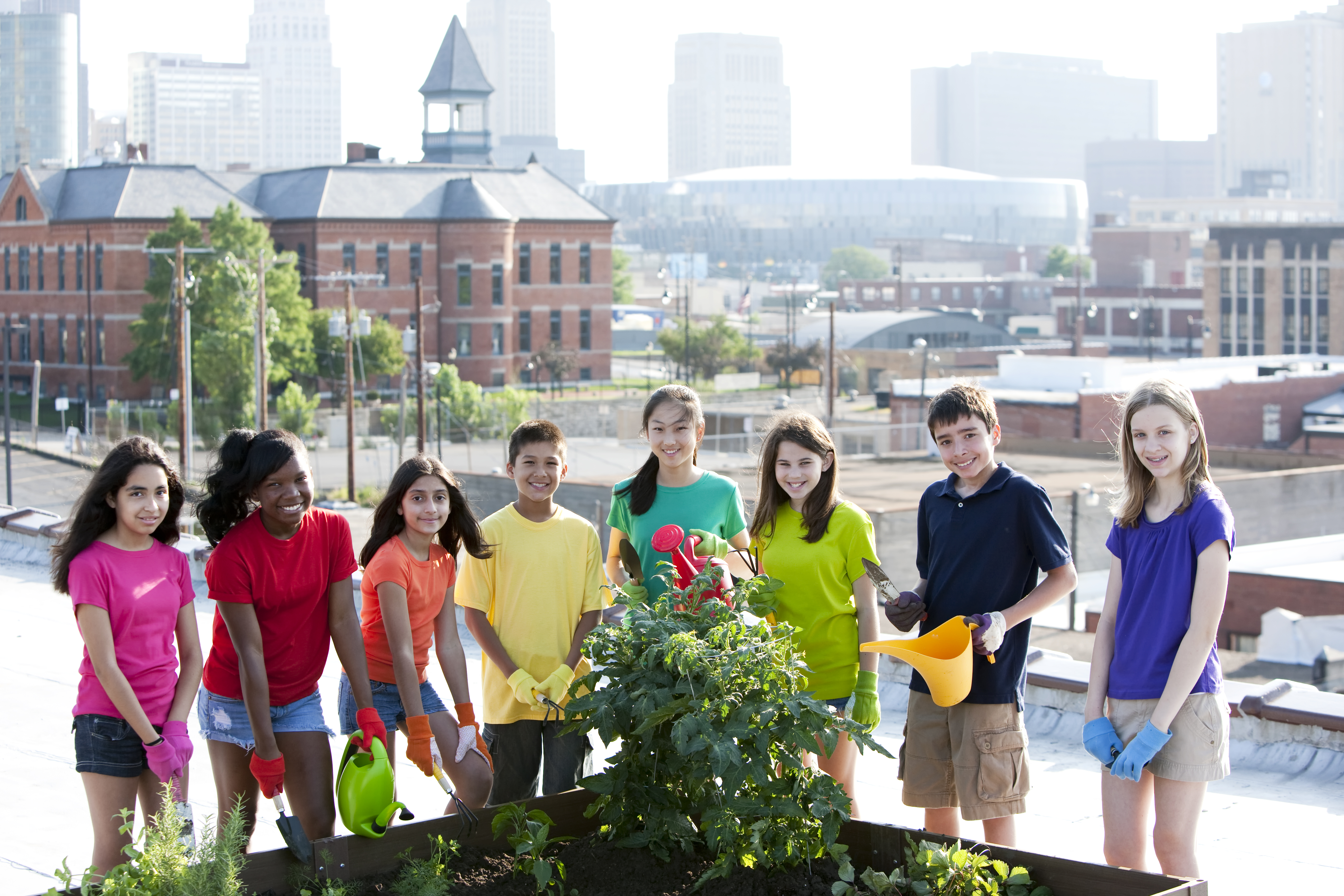
Your support can make a significant difference in bringing a school garden to life. There are numerous ways to contribute, each vital to the garden’s success.
Ways to Contribute Donations
Every donation, big or small, helps in creating and maintaining the garden. Funds are needed for seeds, tools, and educational materials. Consider sponsoring a specific part of the garden, like a new planting bed or a composting station.
You can also contribute your time. Volunteering for garden workdays or sharing your expertise can be invaluable. Your involvement not only supports the garden but also enriches the learning experience for students. Explore more ways to fund school gardens here.
If you’re looking for other funding sources, check out these tips on funding school garden projects or join discussions in the School Garden Network Facebook group.
Join Our Gardening Workshops 🌱
Our workshops are open to everyone, from beginners to seasoned gardeners. They offer a chance to learn new skills, share experiences, and connect with like-minded individuals. By participating, you gain knowledge and contribute to the community’s growth.
These workshops cover a range of topics, from planting techniques to sustainable practices. They are an excellent way to get involved, whether you want to start your garden or support our school project.
Join us in nurturing a generation of environmentally conscious individuals. Together, we can sow the seeds of change, fostering a healthier planet and brighter future for all.

